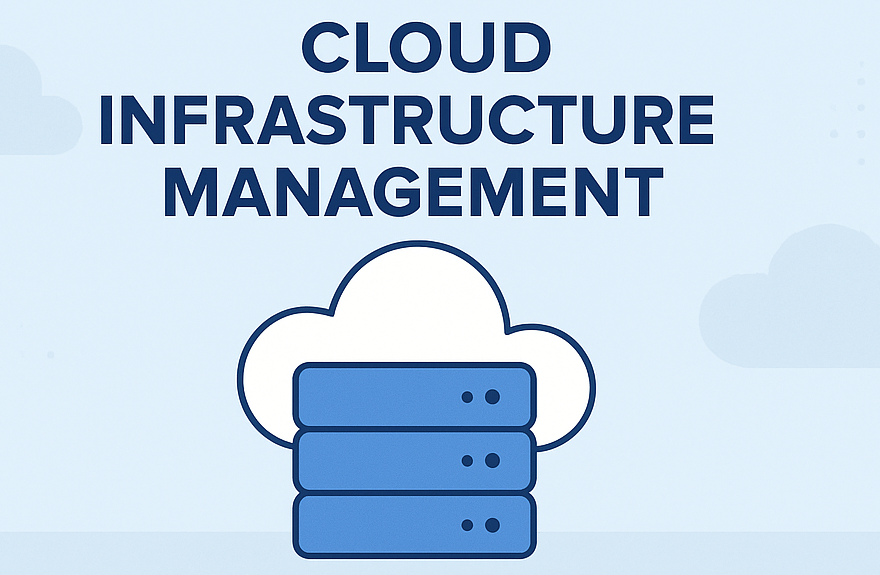
Introduction
When building applications on AWS, selecting the right compute service AWS Lambda vs. Amazon EC2 is crucial. While both provide computing power, they serve distinct purposes based on scalability, cost, and management needs. In this blog, we’ll break down the differences between AWS Lambda vs. Amazon EC2, their ideal use cases, and key considerations for selecting the right service.
What is AWS Lambda?
AWS Lambda is a serverless compute service that runs your code without requiring you to provision or manage servers. It automatically scales based on incoming requests and executes only when triggered, making it a cost-effective choice for event-driven applications.
Key Features of AWS Lambda
- Event-driven execution – Executes automatically in response to triggers from AWS services like API Gateway, S3, DynamoDB.
- Pay-as-you-go pricing – Charges only for the actual execution time and memory used, making it cost-efficient.
- Fully managed service – Eliminates the need for infrastructure management, security updates, and scaling configurations.
When to Use AWS Lambda?
| Use Case | Description |
|---|---|
| Event-driven applications | Ideal for real-time data processing, file processing, and serverless APIs. |
| Short-lived tasks | Best for workloads with execution times of up to 15 minutes. |
| Microservices & API backends | Works seamlessly with AWS API Gateway for lightweight RESTful APIs. |
| Asynchronous processing | Suitable for background jobs like notifications, image resizing, or log analysis. |
| Variable workloads | Automatically scales to handle traffic spikes and fluctuations. |
What is Amazon EC2?
Amazon EC2 (Elastic Compute Cloud) provides virtual servers (instances) in the cloud, allowing you to run applications with complete control over the operating system, networking, and runtime environment.
Key Features of Amazon EC2
- Customizable instances – Choose the instance type, OS, and storage configuration.
- Scalability – Can be manually or automatically scaled using Auto Scaling Groups.
- Persistent compute – Suitable for applications requiring continuous uptime.
- Supports various workloads – Can run web servers, databases, big data processing, and machine learning models.
- Multiple pricing models – Offers On-Demand, Reserved, Spot, and Savings Plans for cost flexibility.
When to Use Amazon EC2?
| Use Case | Description |
|---|---|
| Long-running applications | Ideal for hosting web servers, databases, and enterprise applications that require continuous operation. |
| Custom environments | Suitable when specific OS configurations, security policies, or software dependencies are needed. |
| High-performance computing (HPC) | Best for workloads like AI/ML training, big data analytics, and GPU-intensive applications. |
| Persistent workloads | Ideal for applications that require consistent uptime and stable performance. |
| Stateful applications | Supports applications that need persistent connections, storage, and session management. |
AWS Lambda vs. EC2
| Feature | AWS Lambda | Amazon EC2 |
|---|---|---|
| Compute Model | Serverless, event-driven | Virtual machine-based |
| Management | Fully managed | Requires manual configuration |
| Scaling | Automatic, instant | Auto Scaling or manual |
| Billing Model | Pay-per-execution | Pay for instance uptime |
| Max Execution Time | 15 minutes per function | No time limit |
| Ideal for | Event-driven, short-lived tasks | Long-running, persistent applications |
| Persistent Storage | Stateless, requires external storage | Supports local and attached storage |
| Performance | Best for lightweight processing | Best for high-performance and custom workloads |
Which One Should You Choose?
The decision between AWS Lambda and EC2 depends on your specific use case:
- Choose AWS Lambda if you need a serverless, event-driven architecture with low management overhead and cost-efficient execution.
- Choose Amazon EC2 if your application requires full control over infrastructure, persistent compute power, or high-performance workloads.
Hybrid Approach
Many modern applications combine AWS Lambda and EC2 to maximize performance and efficiency. For example, AWS Lambda can handle API processing while EC2 hosts the database. Similarly, EC2 can manage compute-intensive tasks, with Lambda automating background processes. Another common approach is using AWS Lambda for front-end logic while EC2 supports back-end services that require persistent connections.
Conclusion
Choosing between AWS Lambda and Amazon EC2 depends on your application’s specific needs. AWS Lambda is the ideal choice for event-driven, short-lived tasks that require automatic scaling and minimal management, making it cost-efficient for serverless applications. On the other hand, Amazon EC2 provides full control over infrastructure, making it the better option for long-running, persistent workloads, custom environments, and high-performance computing.
In many cases, the best approach is a hybrid model that leverages both services. By combining AWS Lambda for lightweight, on-demand tasks and EC2 for persistent computing needs, organizations can optimize performance, reduce costs, and improve scalability. Understanding the strengths and limitations of both services will help you design a cloud architecture that best meets your business and technical requirements.
Don’t forget to read our blog post on AWS Lambda.
What’s Next?
We’re here to support you! Should you have any questions or need assistance, don’t hesitate to get in touch with us. Contact us at info@uranuscloudsolutions.com and we’ll be happy to help. Your satisfaction is our priority!


